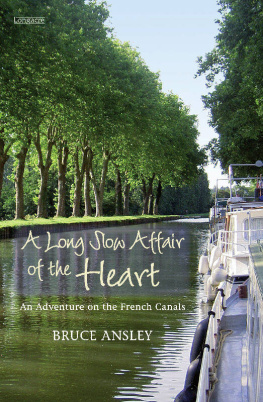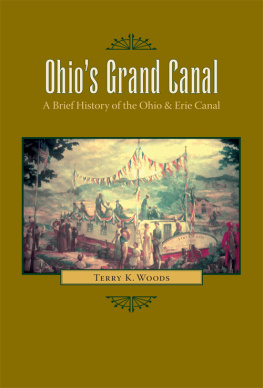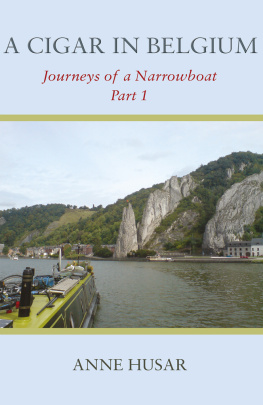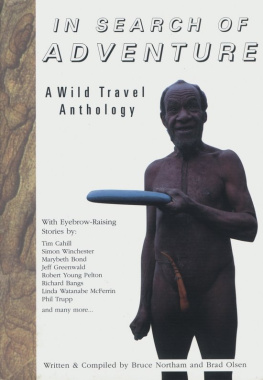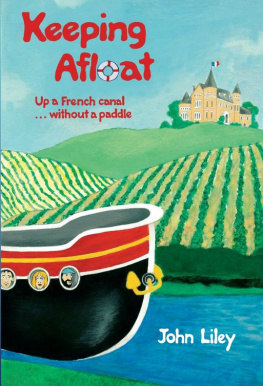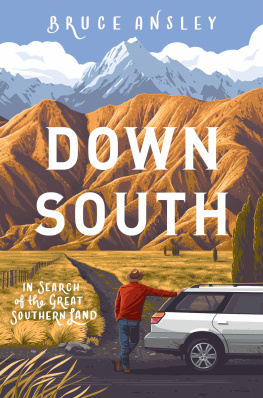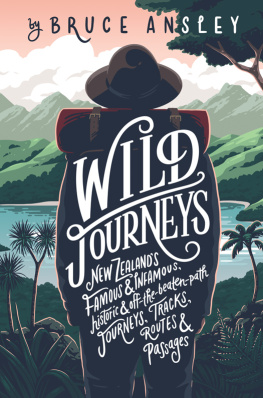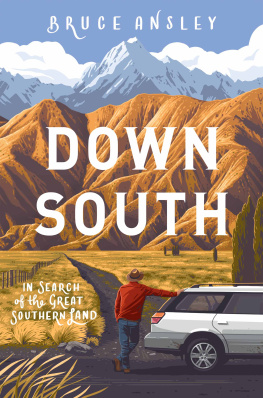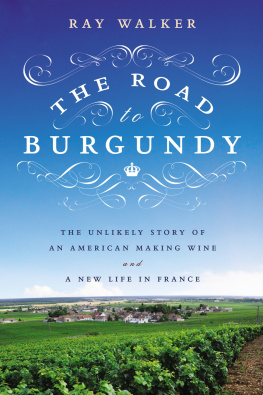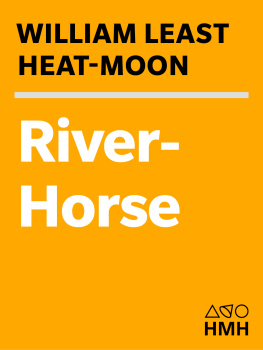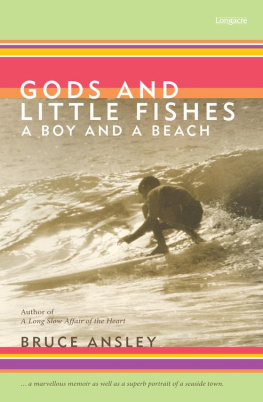For Sally (of course)
I dont know when it changed. No shadow flickered in the bright landscape of our new life. One moment we were in a travellers tale of escape and adventure and the romance of journeys in another world. The next, it turned into a story of love, and a marriage trembling on the edge, and how hard it is to live life well.
We knew nothing of this, that March morning when we arrived in Holland.
I whimpered in the grey air outside Schipol airport, Amsterdam. The Singapore Airlines flight had touched down at six a.m. We were tired. We cannot sleep on long flights. I am claustrophobic and Sally is scared. I fight panic as the tiny space around me fills with papers, passports, books, tickets, forms, pens, headphones, tables, towels, food and those strange personality changes which afflict people on aeroplanes, causing them to confess serial adultery to neighbours, or fossick around endlessly in overhead lockers. Sally worries clots are forming in our deepest veins which will kill us in our tight economy class seats, and if they do not, that a wing will fall off and well die anyway.
We knew it was six a.m. because the pilot had said so. He sounded the hour with an Americans certainty, but as many of his compatriots had established in countries we had only that morning flown over, he might have been mistaken. This could have been Amsterdam, or it might have been anywhere dark, and cold, and foggy, such as Hamilton.
For a moment I hoped it was Hamilton.
Id dreamed of throwing in my job, of going to Holland, buying a boat, sailing it first to Belgium then France, of living on the French canals for a year or two. Sally had imagined villages and flowers and peace. But the trouble with dreams is not so much their coming true as the chill kiss of truth when they do.
The fourteen-hour flight from Singapore had wrecked my internal calendar and clock. Like my phone, and my watch, they needed re-setting, and I couldnt be bothered with any of them.
Had the American pilot, like his leader, taken a wrong turn? Of course he had not. This was indisputably liberal Holland. To get into the country I answered a single question: why was I there?
I was on holiday, I replied, not wanting to complicate matters. Have a good time, said the immigration official, waving me through. His mate glanced at Sallys European Union passport (Sally had been born in England) and skipped the questions altogether.
The Netherlands lay outside: cold, grey, flat, like our mood. I dug out my mobile with no great hope of connecting to anyone, but surprisingly it worked. A man in the car lease office answered. Hed got up early for us, he said, and hed been waiting. His office was in a hotel, and wed find the hotels shuttle bus right outside the airport.
We rode to the hotel with our two pilots as fellow-passengers, peering out of the windows at concrete and cars and morning mist. The American captain talked deals. He knew about property prices, and shares, and where best to buy automobiles. His co-pilot watched him through hooded eyes and said nothing.
The car lease man was German but said hed always wanted to live in Amsterdam with his Brazilian wife, and when he got this job only last January all his dreams came true. All of this I learned on our way up the stairs. I envied him the simplicity of his dream. Perhaps that was the secret.
His name was Flores, which meant flowers in Spanish he said, and was evidence of the Spanish influence in both Germany and Holland, a history stretching over so many centuries that it would take quite a long time to explain but he had the time if I did.
Lets talk about it on the way back down the stairs to the car, I said, and departed around the time Sephardic Jews first arrived from Spain and Portugal in 1492 with only around 500 years to go until we were fully up to date.
It was eight a.m. Dismal. Huge trucks were racing by on a nearby motorway along which we had to travel in a leased Peugeot so tiny I looked around for a remote control.
The dream hadnt mentioned this.
Now I was a man without a job in a strange city.
It had seemed very fine when Id awoken one autumn morning in our Sumner home with a wonderful, excellent idea. Id throw in my job, do something so different, so bold, that it would change our lives, throw the cards in the air and the heck where they landed. Outside the window yellow leaves were dripping off the cherry tree, the old wattle was gathering strength for its winter show. Change is good, they whispered, the time is right.
I yearned for adventure; but adventure is so contrary you spend a lot more time thinking about it than doing.
Easy, I supposed, if youd been born Sir Edmund Hillary. For people like him adventures bloomed like crocuses in spring. As soon as a very high mountain appeared, or a pole, or a long river or something of that kind, you simply set out to climb it, or drive to it, or sail up it in the most dangerous way possible, certainly the most uncomfortable one, and everyone knew youd had an exciting time.
Unfortunately there was a downside, as any number of heroes from Robert Falcon Scott to Rob Hall could testify if only they were in a position to.
Downside was not a mountaineering expression. It sprang from another kind of adventure whose Everest was the boardroom, where men and women in suits clambered after power and money and some became heroes also, even if mainly among their own. I preferred Hillarys clean run and respect for humanity.
But none of that was any help to the rest of us, the men and women over the garden fence who wanted to spike their lives a little, seek something different, find a bit of fun or even that hideously overworked term, a challenge.
Mostly, adventures were things someone else had. You read about them, or watched them on television, and those were probably best of all. Real adventures were uncomfortable, and could be dangerous, and might be best not approached by the unarmed citizen.
Some time ago I listened to a man called Alistair, whom I knew vaguely as a neighbour, talking on radio about a very big adventure. Hed been sailing down from the Suez Canal in his large motorboat when he spied what could only have been pirates zooming towards them in a speedboat.
Dear god. What were they to do? The pirate ship signalled them to stop, which they did. Then they saw the baddies leaning over the stern of their boat. They slowly realised they were looking at deliverance: the pursuing boat had fouled the fishing lines theyd been trailing, and the lines were now wrapped tightly around its propellers. Slowly the two boats drifted apart, and when they were a decent distance off they quietly chugged away, leaving the pirates rather than themselves dead in the water.
I could see it all as he spoke: their white-and-varnished ship in the blue gulf waters, the blazing sun, the pirates in their rakish vessel doubtless in red headscarves. The story had everything: heat, danger, excitement, the triumph of good over evil, or at least a tidy escape.
Much later I met Alistair in a restaurant. What an adventure! I said. Not if you were there, he replied. We were terrified.
Terror was not part of your own script when you were imagining these things. Terror was best left entirely alone, along with boredom, worry, squabbling, exhaustion, discomfort, hardship, possibly death. They were all nicely filtered out by an imagination which saw only fun and excitement.
The idea, then, was to pick an adventure which had maximum potential for fun and excitement and minimum possibility of boredom, discomfort or death. That was not so easy. Even for fifteen seconds of excitement on a hydroslide you had to battle the traffic, climb an awful lot of stairs then wait in a queue with a bunch of very noisy kids. A fortnight in Bali or a bus trip around Europe were all very well, involving nothing more ferocious than a travel agent, but you still had to pack yourself in to an aeroplane (see boredom, discomfort above), then pass the time when you reached your destination (see squabbling, exhaustion etc.).
Next page
